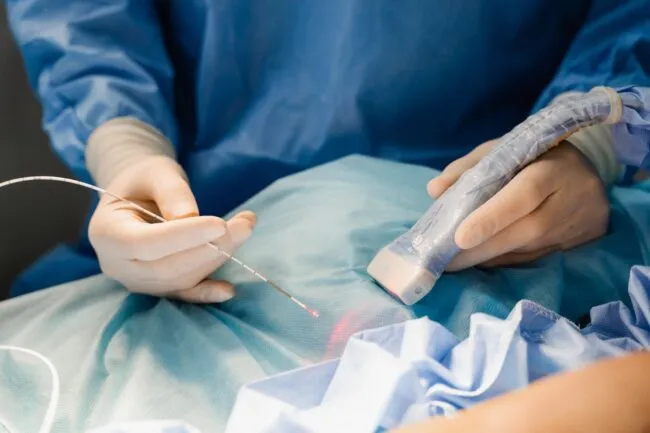Varicose Veins Is Surgery the Best Option for Treatment?

Varicose veins are more than just a cosmetic concern. For many adults, these swollen, twisted veins lead to discomfort and reduced confidence. Located primarily in the legs, varicose veins are caused by weakened valves and veins which allow blood to pool instead of flowing efficiently back to the heart. If you’re experiencing symptoms, you may be wondering whether surgery is the best treatment option. This article explores treatment possibilities to help you make an informed decision.
Understanding Non-Surgical Treatments
Varicose veins don’t always require surgery. For individuals with milder symptoms, non-surgical treatments are often the first line of defense. These options are minimally invasive and can be easily incorporated into daily life to help manage symptoms. Treatments are often enough for managing varicose issues in their early stages.
Treatment options typically include:
- Compression Stockings: These garments help improve blood flow in the legs, reducing swelling and discomfort.
- Lifestyle Adjustments: Elevating your legs, avoiding prolonged sitting or standing, and maintaining a healthy weight can significantly alleviate symptoms.
- Procedures Performed in Clinics: Laser treatments or sclerotherapy shrink or eliminate smaller veins without surgery, which can be effective for mild cases.
- Regular Exercise: Activities like walking, cycling, or swimming promote circulation and strengthen leg muscles which help prevent worsening symptoms.
Benefits of Surgery
For those with severe varicose veins, surgery might be suggested as a solution. There are surgical options designed to remove or close the problematic veins entirely. Two common procedures are vein stripping and vein ligation. These treatments aim to improve circulation and reduce discomfort.
Despite these potential benefits, surgical treatments do come with possible risks, recovery time, and costs. It’s key to discuss these factors with a healthcare provider to weigh the pros and cons before making a decision. Less invasive treatments first may also be worthwhile a discussion with your doctor.
Factors to When Deciding on Treatment
Choosing the best treatment depends heavily on your unique situation. Understanding your goals and the severity of your symptoms can guide your decision. Always consult a healthcare provider for personalized advice. They can recommend the best approach based on your symptoms, medical history, and preferences.
Here are some factors to look into:
- Severity of Symptoms: Minor discomfort may not require surgery, while daily leg pain or difficulty standing for long periods could.
- Time for Recovery: Non-surgical options like compression stockings or laser treatments require little to no downtime, which makes them appealing for busy schedules.
- Cost and Insurance: Whether your treatment is covered by insurance and the financial investment required.
- Long-Term Effectiveness: Some treatments may offer temporary relief, while others provide more permanent results, discuss the longevity with your doctor.
Deciding on Varicose Veins
There isn’t a one-size-fits-all solution for treating varicose veins, and surgery may not be necessary for everyone. Many people find relief through non-surgical methods that are affordable and convenient. If your symptoms are severe and negatively impact your quality of life, surgical options could present a reliable path forward. Consulting with a specialist may help determine the best treatment based on your specific needs.





